Amnesty: Eritrean troops 'massacred' hundreds in Ethiopia's Tigray
Eritrean troops have committed a "massacre" during an offensive on the ancient town of Axum in Ethiopia’s northern Tigray region, according to a report released by Amnesty International.
"Eritrean troops fighting in Ethiopia’s Tigray state systematically killed hundreds of unarmed civilians in the northern city of Axum on 28-29 November 2020, opening fire in the streets and conducting house-to-house raids in a massacre that may amount to a crime against humanity," Amnesty International reported on Thursday.
It said in its report that Amnesty interviewed 41 survivors and witnesses as well as 20 others with knowledge of the events.
They recounted stories of execution-style killings of unarmed civilians killed by Eritrean soldiers - many of them boys and men shot on the streets or during house-to-house raids.
The Amnesty report cited a man who saw six men killed by the Eritrean troops.
"They lined them up and shot them in the back from behind. Two of them I knew. They're from my neighborhood… They asked: 'Where is your gun' and they answered: 'We have no guns, we are civilians,'" the man recounted.
One woman said the roads "were full of dead bodies" and that hundreds of people were reportedly killed in the "massacre".
Eritrean forces reportedly drove vehicles with Eritrean license plates and wore distinctive attire and had an accent.
"went on a rampage and systematically killed hundreds of civilians in cold blood, which appears to constitute crimes against humanity,” said Deprose Muchena, Amnesty International’s director for east and southern Africa.
Muchena said Eritrean forces, who were accompanied by Ethiopian troops, carried out multiple war crimes in their repeated attacks to take control of the ancient town of Axum.
In early November, Prime Minister Abiy Ahmed of Ethiopia ordered an offensive against a rebellious regional force with clout, the Tigray People's Liberation Front (TPLF), which was the province’s ruling party.
After a couple of weeks, Abiy declared victory over the TPLF militants which had withdrawn from the region's main cities and towns.
However, sporadic fighting continues in some parts of Tigray, according to reports by residents and United Nations assessments.
Ethiopia's government has also acknowledged that isolated "crimes and incidents" took place in the conflict.
It has appointed a task force to investigate reports.
The Ethiopian Human Rights commission says it is investigating the reports, as well.
Statement on Investigations Underway in Tigray pic.twitter.com/aztURULaZh
— Ethiopia State of Emergency Fact Check (@SOEFactCheck) February 25, 2021
The conflict in Tigray began after the Ethiopian head of government, a Nobel Peace Prize winner, accused the TPLF of attacking a military base and attempting to steal military equipment.
The TPLF had been a major political force in Ethiopia for 27 years after overthrowing a communist government in 1991.
Members of the group dominated the ruling political coalition, allowing a small cabal of former fighters from Tigray to control key parts of the military and the economy.
Abiy, who assumed power in 2018, removed all the TPLF-linked officials and military leaders in an all-out crackdown.
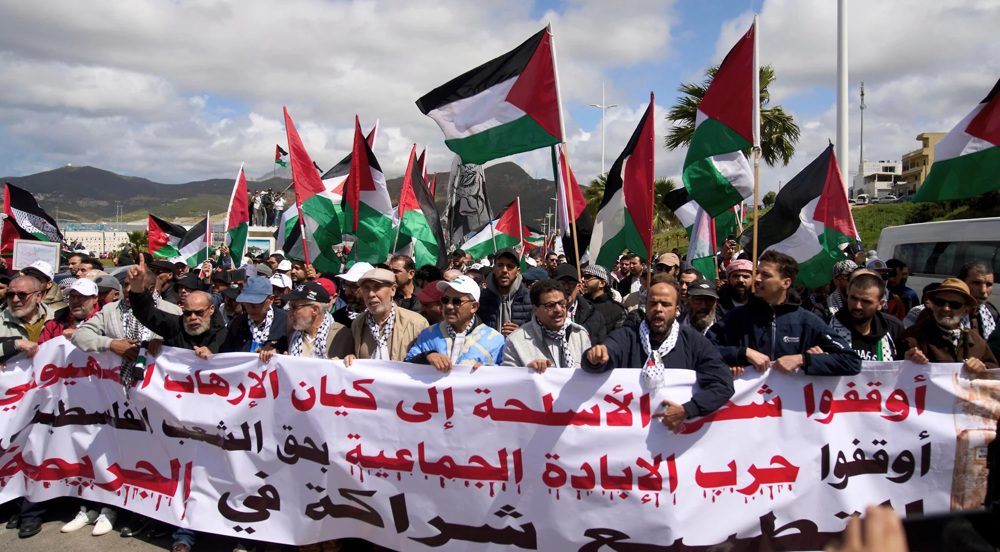
Moroccan port workers protest Maersk ship carrying F-35 parts to Israel
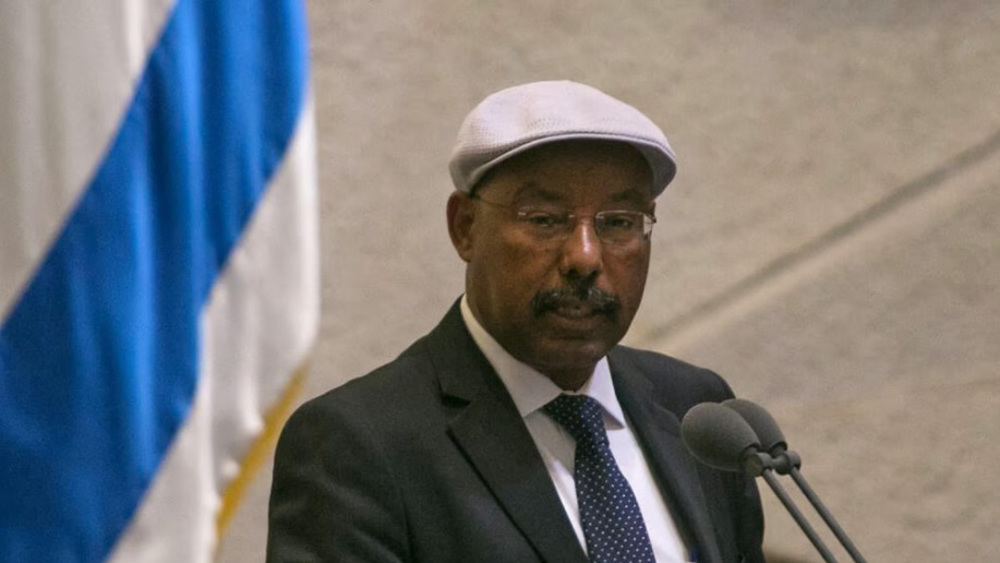
Top Israeli diplomat expelled from African Union summit
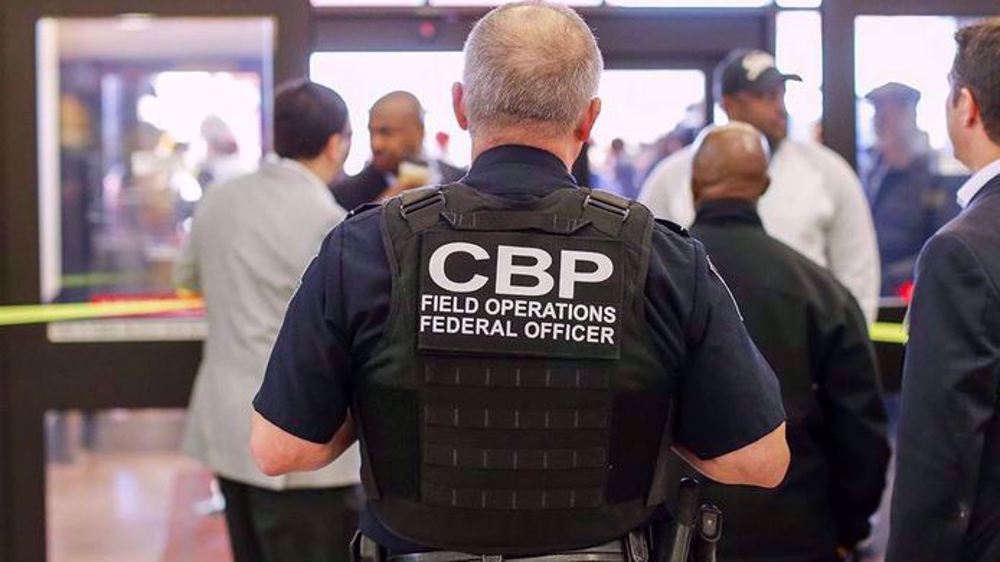
US revokes all visas held by South Sudanese passport holders
VIDEO | S African protestors decry America’s ongoing support for global aggression
VIDEO | Spokesperson: EU committed to diplomatic solution with Iran
Iran, Oman discuss arrangements for third round of indirect Tehran-Washington talks
Iran offers mediation as India-Pakistan tensions escalate
VIDEO | Massive rally in Yemen continues support for Palestine despite US aggression
Iran backs sovereign, stable Syria free of terrorism, UN envoy says
Iran-US talks: Trump, sanctions and the mirage of a durable nuclear deal
VIDEO | Gaza’s looming famine


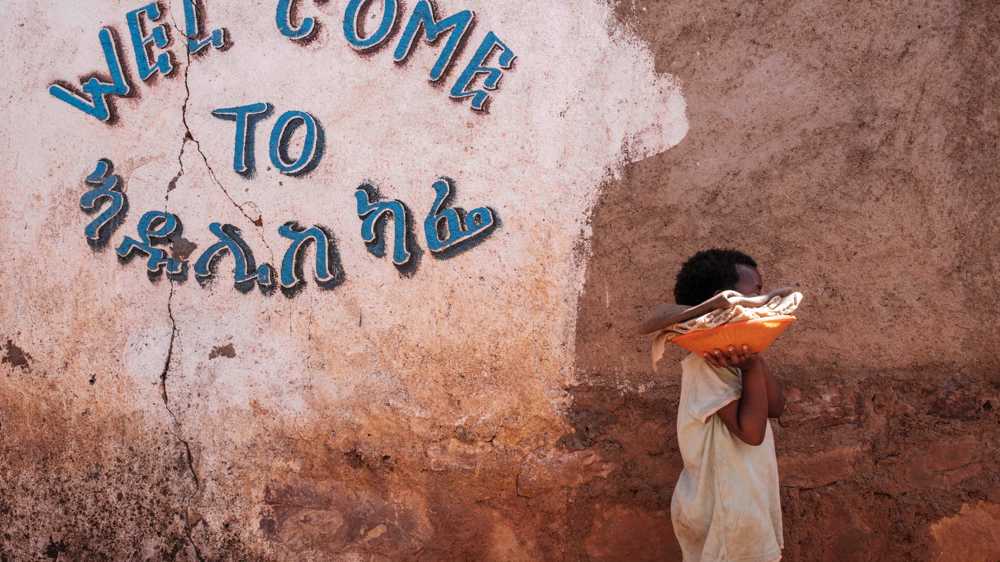




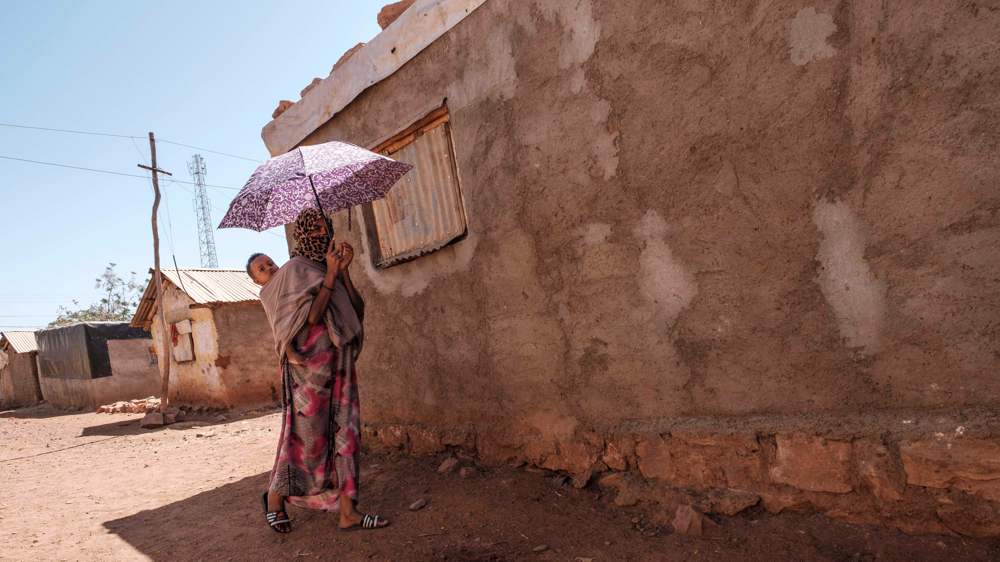
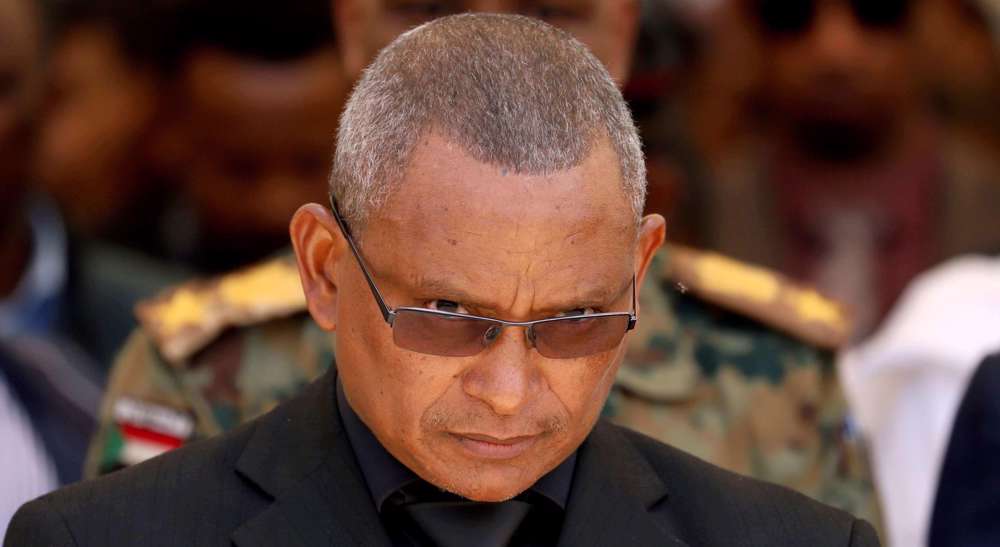
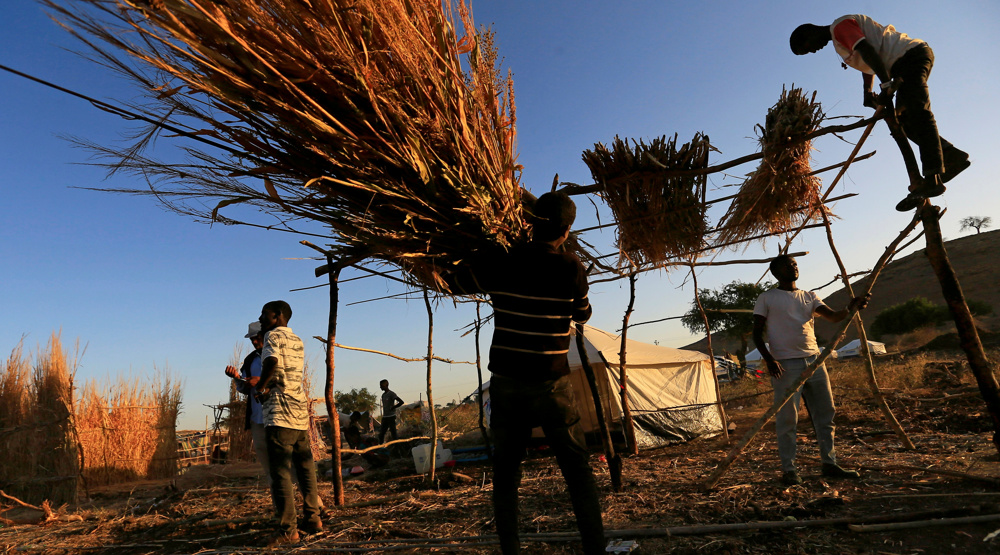


 This makes it easy to access the Press TV website
This makes it easy to access the Press TV website